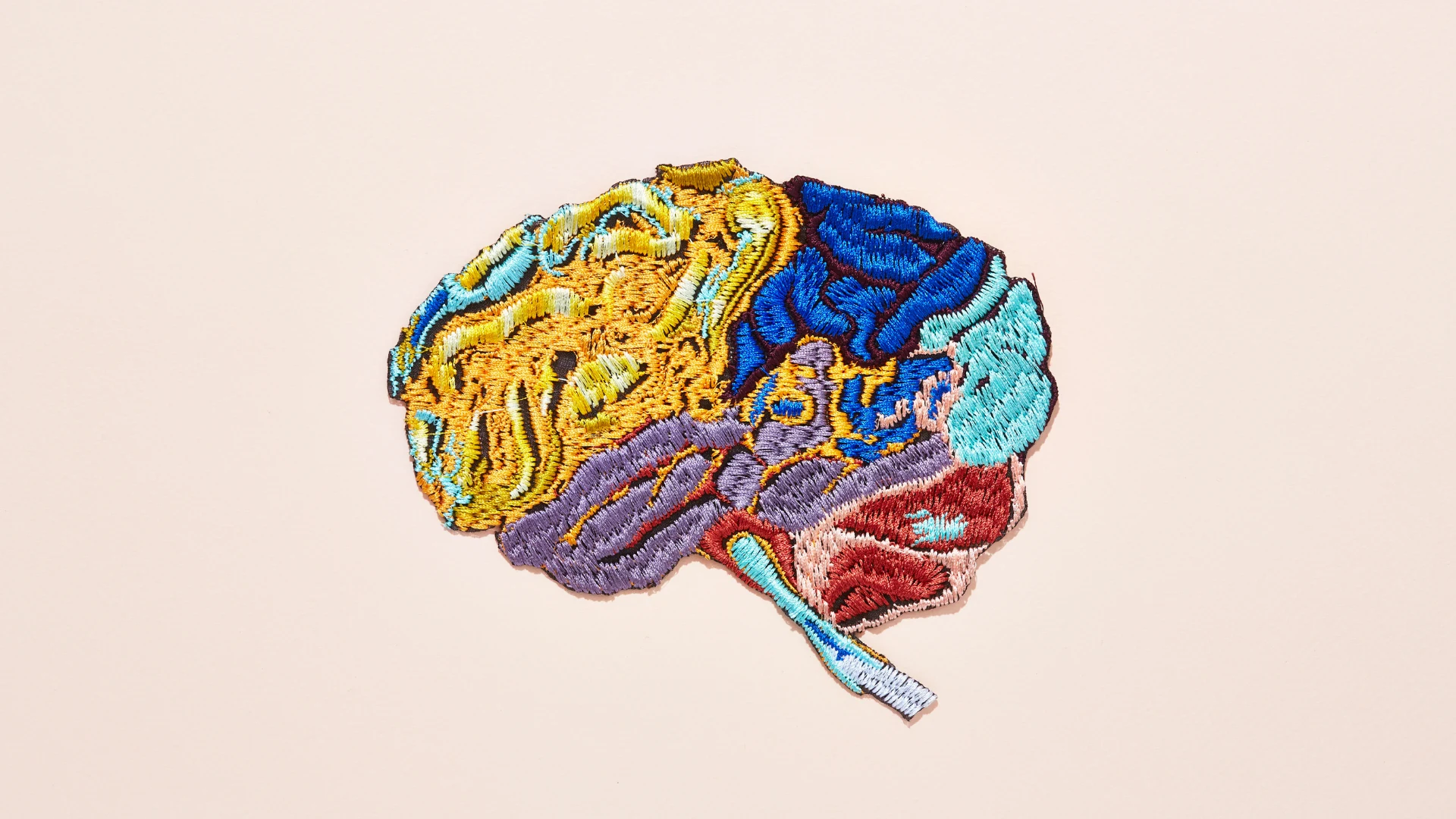AI Revolution in Healthcare: NHS Hospitals Dramatically Improve MRI Scan Efficiency & Patient Throughput

AI Transforms MRI Scanning at NHS Hospitals, Boosting Patient Access
Hospitals across the UK are increasingly leveraging the power of Artificial Intelligence (AI) to improve healthcare delivery, and a recent success story is emerging from Hull University Teaching Hospitals NHS Trust. Staff are reporting significant reductions in MRI scan times thanks to the implementation of innovative AI-powered software, allowing them to see and treat more patients than ever before.
The challenge of lengthy MRI scan times has long been a bottleneck in healthcare systems. Patients often face long waiting lists, and healthcare professionals struggle to allocate resources effectively. This new AI technology offers a compelling solution, directly addressing these issues.
How AI is Making a Difference
The core of this improvement lies in the software's ability to utilize sophisticated algorithms. These algorithms focus on reducing background noise within the MRI images. Traditionally, achieving clear and detailed images required longer scan durations. However, the AI software intelligently filters out unwanted noise, resulting in significantly sharper images in a much shorter timeframe.
“This technology is a game-changer for us,” stated a staff member at one of the Hull hospitals. “We’re able to complete scans faster, which means we can see more patients each day. It’s a huge benefit for both our staff and, most importantly, our patients.”
Benefits Beyond Speed
The advantages of this AI implementation extend beyond just speed. By reducing scan times, the technology contributes to:
- Increased Patient Throughput: More patients can be scanned and diagnosed within a given timeframe.
- Reduced Waiting Lists: The increased efficiency helps alleviate the pressure on existing waiting lists.
- Improved Patient Comfort: Shorter scan times result in a more comfortable experience for patients, particularly those who may feel anxious or claustrophobic.
- Optimized Resource Allocation: Reduced scan times allow for better utilization of MRI equipment and staff resources.
The Future of AI in Healthcare
The success of this AI implementation in Hull serves as a compelling example of the transformative potential of AI in healthcare. As AI technology continues to evolve, we can expect to see even more innovative applications emerge, further enhancing the quality and efficiency of healthcare services across the UK and beyond. This shift towards AI-driven diagnostics and treatment is not just about improving speed; it's about fundamentally reshaping how healthcare is delivered, making it more accessible, efficient, and patient-centric.
Hull University Teaching Hospitals NHS Trust’s experience highlights the importance of embracing technological advancements to meet the growing demands of modern healthcare. The trust is now looking at how to expand the use of AI across other areas of its operations, demonstrating a commitment to innovation and improving patient outcomes.






